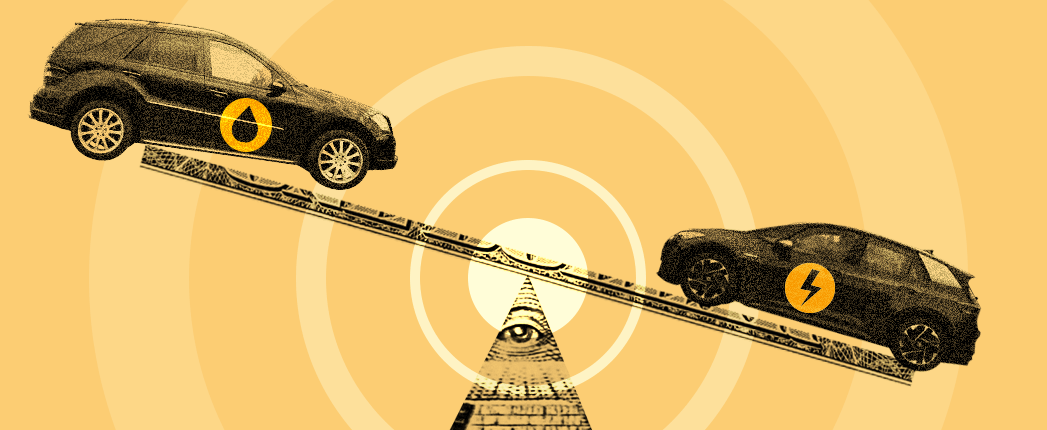
A recent survey carried out by Castrol reveals some insights about the pace of vehicle electrification. Lubes’n’Greases talked to the Castrol team about how the company has been preparing for the day when EVs become the norm for everyday drivers.
The majority of people would buy an electric vehicle sooner than they think others will, revealing enthusiasm for e-mobility, yet they remain skeptical that automakers can deliver a wider range of affordable cars and infrastructure fast enough, a new study by Castrol found.
The study, “Accelerating the Evolution,” looked at five critical challenges original equipment manufacturers must overcome to make EVs a first option: price, charge time, range, charging infrastructure and choice of models.
It found an average vehicle price of U.S. $36,000, charging time of 31 minutes and range of 469 kilometers are the tipping points for a rapid acceleration of global EV uptake by 2024, the year by which a majority of respondents to the survey would consider buying an EV.
“There are EVs on the market today that meet some of the tipping points, but there isn’t a single EV model that meets all of them,” Rebecca Yates, Castrol’s industrial and driveline product development director, told Lubes’n’Greases.
The United Kingdom-based lubricants company has developed a range of lubricants for hybrids and bespoke products such as coolants, e-transmission fluids and greases for EVs.
“For many years, we’ve been exploring the opportunities for the e-mobility revolution. BP and Castrol have been working in hybrids and electric vehicles for more than 10 years. Already over half of the world’s motor vehicle manufacturers use Castrol’s e-fluid as part of their first fill, and it’s an area where we expect to see significant growth over the coming decade,” said Yates.
Yates, who led the study, and Chris Lockett, Castrol’s vice president of lubricants technology, explained why the company embarked upon extensive market research into the global adoption of e-mobility, considered by many to be a threat to the sustainability of motor oil manufacturers.
The Castrol team based its research on parent company BP’s annual Energy Outlook, which includes three scenarios of how world energy demand will evolve over the next 30 years. The first is the net-zero scenario, whereby carbon emissions are reduced by 95% by 2050; reduced carbon emissions by 70%; and business as usual, which assumes government policies and social practices continue evolving as they have in recent years.
The rapid transition scenario also estimates that by 2040, 1.6 billion of the 2.2 billion on-road vehicle parc will still require engine oils and will be a combination of internal combustion engines and hybrids.
“Engine oils will continue to be part of our portfolio, and we will continue to improve efficiency and provide protection for the engine parts,” said Lockett.
Currently, fossil-fueled transportation is responsible for a quarter of global carbon emissions. Yet Yates is confident that the passenger-car motor-oil market will remain viable well into the medium and long term.
“To balance that, we do believe that progress to reduce CO2 emissions actually will be made fastest through a combination of adoption of electric vehicles and hybrids and cleaner internal combustion engine technology,” she said.
As regions such as Europe, North America and Southeast Asia have travelled further down the road to electrification – the U.K., for example, will ban sales of ICE vehicles by 2040 – Castrol still sees opportunities for PCMO and automotive products globally.
“We recognize that the pace of electrification will vary in different geographies, and that’s why we continue to develop lubricants for ICE, hybrids and electric vehicles. They will all be important for decades to come,” said Lockett.
Yates said Castrol believes its lubricants business’ role will remain vital in the “huge transition to electric. All these vehicles need e-transmission fluid, coolants [and] greases.”
The study was based on individual interviews of more than 9,000 consumers, 750 fleet managers and 30 automotive industry professionals how they view the future of EVs across eight of the world’s key EV markets, based on size, growth, potential and maturity: China, India, France, Germany, Japan, Norway, the United Kingdom and the United States.

Sorry, a technical error occurred and we were unable to log you into your account. We have emailed the problem to our team, and they are looking into the matter. You can reach us at cs@lubesngreases.com.
Click here link to homepage